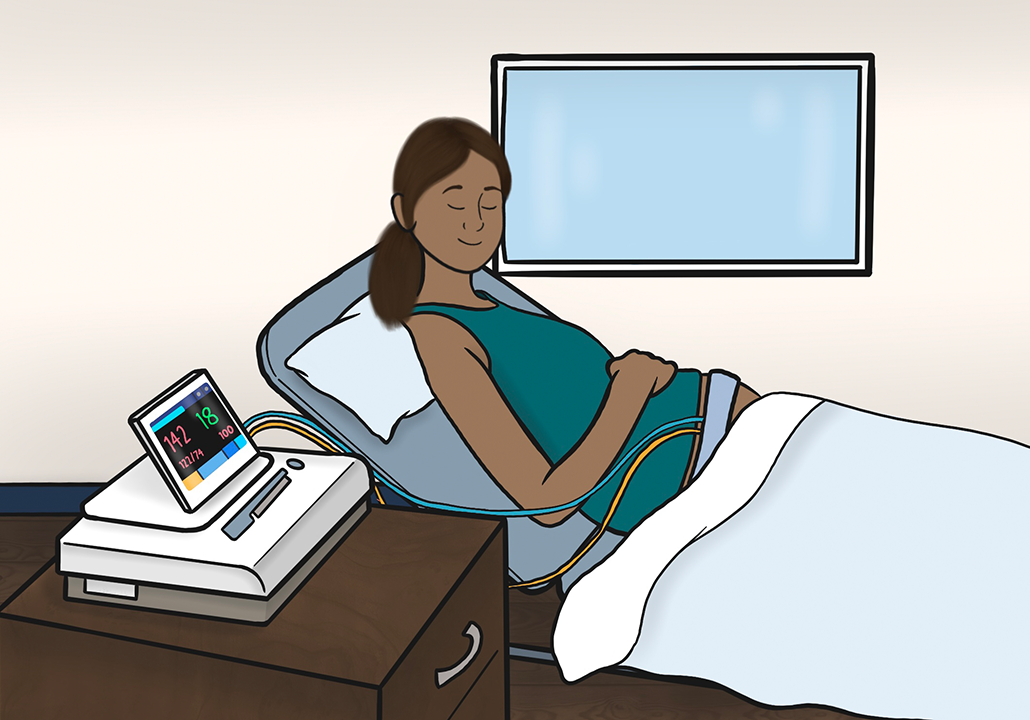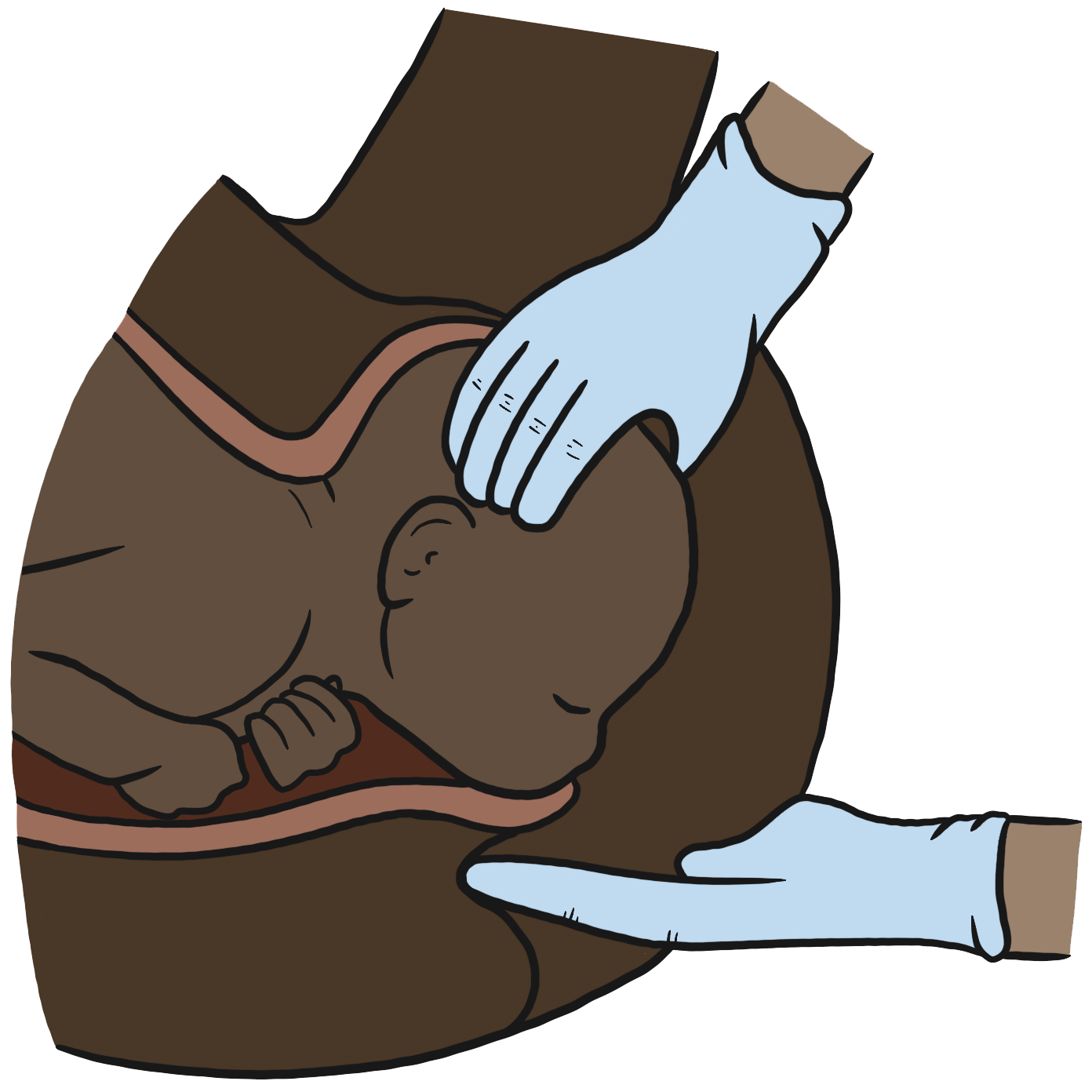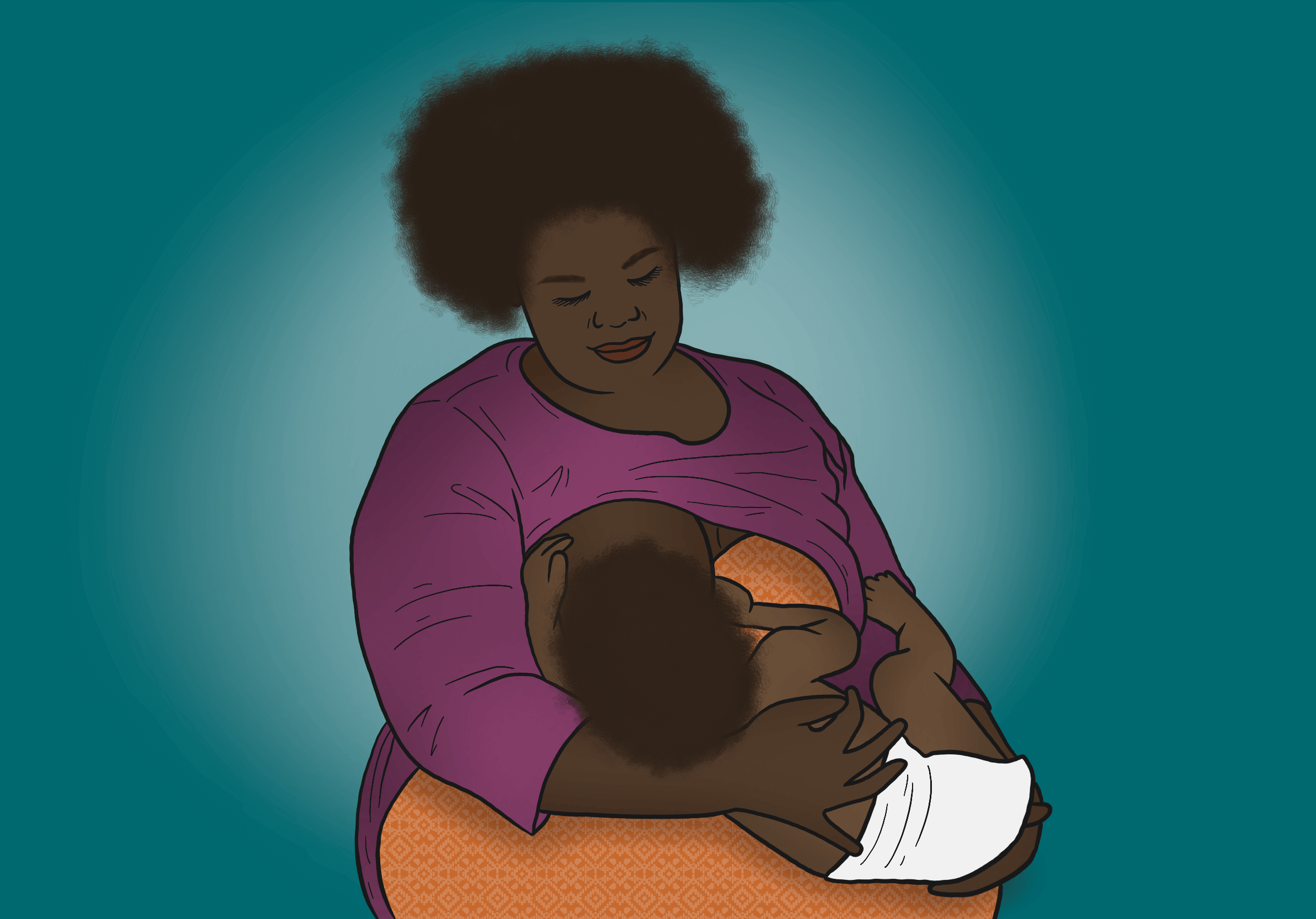The month of April marks annual Stress Awareness Month which has been celebrated in the UK since 1992. The awareness month aims to increase public awareness of the causes and cures of stress, and to raise awareness of the negative impact stress can have on our mind and body.
What is Stress?
Stress can cause a number of ill effects on the body affecting our immune system, our risk of developing various health conditions as well as our ability to handle future stress. So knowing how to manage stress is vital for optimal health and mental wellbeing.
Our bodies are hard-wired to deal with certain types of stress which actually help to keep us safe. Back in the days where we were fighting off grizzly bears and sabre-toothed tigers, our fight or flight response was vital, and would be triggered whenever we were in danger.
Our fight or flight response sends a surge of stress hormones through our body to help us figure out what to do next. We either need to stay and fight the bear, run away or hide. But the surge of energy through our body helps us to do whatever is needed at the time.
Once the danger has disappeared, our stress hormones reduce and we can carry on with our day.
This type of stress is normal, short lived and transient, and everyone experiences stress to some degree. In our modern world, although we are not dealing with sabre-toothed tigers anymore, these short bursts of stress help us to get things done and keep on top of things. They help us stay motivated, be more productive, whilst still staying alert for dangers.
The Modern Stress Epidemic
With so much going on in our modern world and high levels of worry and unhappiness, it’s fair to say that we are no stranger to the experience of stress. Our daily dynamic lives make it easy for things to get on top of us and to feel overwhelming. Several years ago the World Health Organization classified stress as the ‘health epidemic of the 21st century’.
Nowadays, we are facing an economic crisis, increased rates of disease and poor health, natural disasters, wars and violence, racial injustice, political unrest, job insecurities, unrealistic work demands, long hours and financial stress – not to mention the usual everyday demands of relationships, family, children and childcare, chores and the infamous work-life balance. It’s no wonder we’re all feeling a little frayed around the edges!
The problem is, that this type of persistent stress can lead to burnout – a state of complete physical and mental exhaustion occurring from long term, chronic stress and the constant juggling of multiple roles in our lives. This can lead to symptoms of anxiety, depression and other mental health problems, as well as sleep issues, low self esteem, social withdrawal, poor concentration, muscles aches and headaches. This is the type of stress that can upset our general wellbeing, and can lead to long term illness or health issues.
The difference with this type of stress, is that stress hormones ordinarily released during fight or flight to help us deal with an immediate danger, which would then dissipate when the danger no longer remains, remain circulating in our bloodstream for extended periods of time. This was not how our bodies were designed to process these types of stress hormones. Ongoing stress causes our body to release cortisol and cytokines (pro-inflammatory proteins) from our immune cells which can lead to potential poor health.
Left unresolved, high levels of stress can be detrimental to a person’s health, and increase their chances of unhealthy habits such as poor diet, lack of exercise, and increased consumption of alcohol and tobacco. Therefore the way we manage our stress is key.
Stress and the NHS
In the UK’s biggest ever survey on stress, 74% of people said that stress had made them feel overwhelmed or unable to cope (Mental Health Foundation 2021). The NHS and its staff are not immune to stress and its effects either. Those of us who work within the NHS will be more than familiar with the demands and stresses that are placed upon us within the system and services that we provide.
Work related stress is more prevalent in public service occupations such as health and social care. The NHS has been identified as having a higher than average stress-related sickness absence, compared to all other job sectors across the country.
According to NHS Digital Statistics, stress, anxiety and other psychiatric illness is consistently the most reported reason for sickness absence in the NHS, accounting for over 476,000 full time equivalent days lost. These statistics may be quite staggering for some, but all too familiar for others.
Stress and Midwives
A recent study examined the relationship between the emotional wellbeing of UK midwives and their work environment, to assess levels of burnout, depression, anxiety and stress. It’s clear from this study that UK midwives are experiencing significant levels of emotional distress. 83% of participants surveyed scored ‘moderate’ and above for personal burnout, and 67% recorded ‘moderate’ or above for work-related burnout, with over a third scoring ‘moderate’, ‘severe’ or ‘extreme’ for stress (36.7%), anxiety (38%) and depression (33%).

Midwives were also more likely to record high levels of burnout, depression, anxiety and stress if; aged 40 and below, reported to have a disability, had less than 10 years of experience, or worked in a clinical midwifery setting (particularly if they worked in rotation in hospital and in integrated hospital/community settings). UK midwives were also at greater risk of emotional distress compared to midwives surveyed in other countries, including Australia, New Zealand and Sweden.
It’s not hard to see from these figures that this is a serious concern for our workforce and midwifery profession, and our ability to be able to provide high quality safe maternity care as midwives. How can we care effectively for others, when we are not being taken care of ourselves within our workplaces? It is of particular concern that the younger, or more recently qualified midwives, and those who self-reported a disability, reported the highest levels of burnout, stress, anxiety and depression.
Stress and Pregnancy
So what does all of this mean for the families that we support? Pregnancy in itself can be a source of stress or worry for some people. It’s natural to undergo a whole range of varied emotions during pregnancy – both positive and negative – all of which are normal. Pregnancy is a life-changing event, and so it’s normal to have this reaction to the idea of such a huge change to your life.
You may worry about how you are going to manage the physical demands of pregnancy, or the result of different screening tests available. You may have worries based on a previous experience or birth. You may be concerned about how your new addition is going to change your family dynamic, or how you will cope financially. If your pregnancy wasn’t planned, you may have concerns about your job, relationship or support system, or your ability to raise a child. And on top of all of that, you may worry about what your experience may be like as you navigate through the maternity system. Thoughts such as these are common, especially in the early weeks and months of pregnancy, and can fluctuate throughout.
If you’re having thoughts such as these, you are not alone. 8-13% of women are diagnosed with anxiety or depressive disorders antenatally, with many more already having a diagnosis before pregnancy. 1 in 5 people have a mental health problem during pregnancy or in the 1st year after childbirth. The actual number of people experiencing this is likely to be higher still, as these figures do not include the many more whose symptoms go undiagnosed.
It is well known that increased stress in pregnancy can have adverse effects. It can lead to poor sleep, headaches, obsessive or intrusive thoughts, reduced appetite, or overeating – all of which can be harmful for you and your growing baby.

Can Stress Affect My Baby?
Antenatal mood disorders are more common in those who experience high levels of life event stress during pregnancy. This is important to recognise as this is associated with poorer postnatal experiences such as breastfeeding duration, impaired mother-infant interactions and delays in infant behavioural development. The effect of prenatal stress can have consequences that span generations, affecting our childrens’ growth, development and behaviour issues in childhood.
We know that during pregnancy stress and infection can strongly activate something called the Hypothalamo-Pituitary-Adrenal Axis, or HPA for short – which is the body’s main stress response system. It can also influence the production of a hormone known as Corticotropin Releasing Hormone or CRH – this is released in the brain, and in small amounts from the baby and placenta. Stress also stimulates production of cytokines during pregnancy which are related to our inflammatory response. Interestingly, researchers now believe that this can impact the baby’s own stress response system.
So what does all this mean? Pregnancy brings about obvious physical changes to our body, but it also disrupts the endocrine, nervous and immune systems. It means that stressed mothers in pregnancy are more susceptible to illness and infection due to the effects of stress on the immune system. Increased stress in pregnancy can lead to raised blood pressure, increased risk of developing pre-eclampsia, gestational diabetes, preterm labour and birth, and giving birth to a baby with a lower than average birth weight.
Did You Know Stress in Early Pregnancy Can Lead to Preterm Birth?
The link between stress and preterm birth is well established, but it’s often assumed that stress in late pregnancy or in the run up to birth, can lead to preterm labour. However, leading experts now believe that when CRH circulates in high levels in the mother’s blood during early pregnancy, this is thought to increase their chances of going into labour early or giving birth to their baby prematurely (before 37 weeks).
Babies born too early are likely to spend long periods of time in the neonatal unit, possibly separated from their family, and are at increased risk of various long term health problems including physical and learning disabilities, and are subject to behavioural, emotional and educational difficulties – which naturally is something everyone wants to try and avoid.
Reducing the rate of preterm birth (from 8% to 6%) in the UK by 2025, is part of the Government’s ambitious goal to halve the rates of stillbirth, neonatal and maternal deaths and intrapartum brain injuries by 2030.
What Can Health Professionals Do To Support?
As health professionals, it is our duty to work towards this goal, so it’s important that we all do what we can to help. Alongside our standard referrals and care pathways, even if we are not directly involved in antenatal, labour or post natal care, we can all do our bit – either for ourselves, or for someone we know who may be expecting a baby soon.
Firstly, let’s recognise the symptoms of stress. Without being able to correctly identify the signs or symptoms, we’re limited in what we can do to try and relieve them.
So here’s a run down of the most common signs and symptoms of stress:
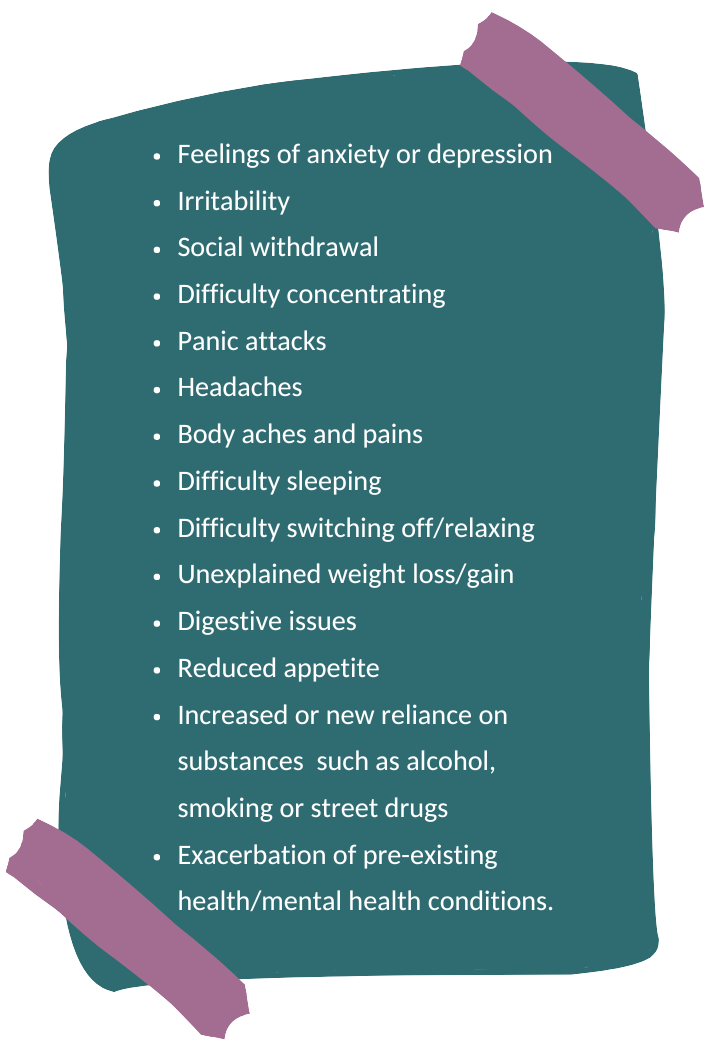
Secondly, let’s identify our sources of stress. We all experience varying degrees of stress in our lives, and it would be unrealistic to expect to avoid all stress completely. However, stressful situations can range from mild annoyances such as forgetting to bring your lunch to work, misplacing your keys or knocking over your morning coffee, to major stressful events such as divorce, or moving/buying a house, to chronic long term stress – maybe due to unhealthy or abusive relationships, systemic racism and the effects of weathering, or fleeing from violence or seeking asylum.
Here are some common stress factors:
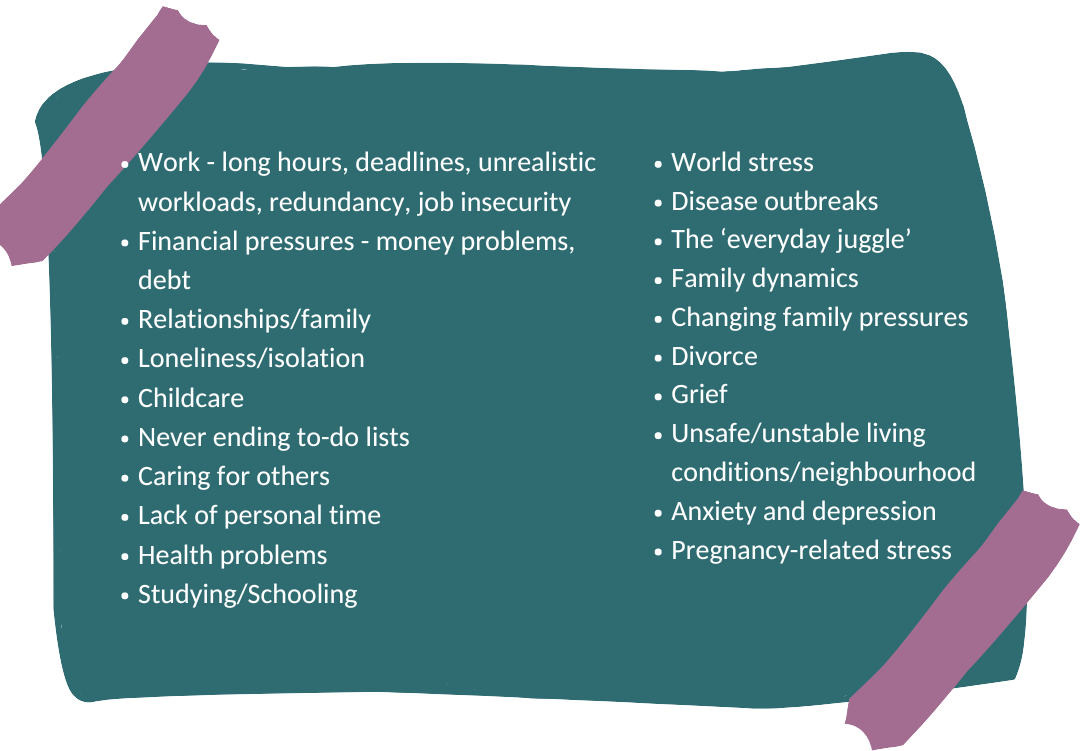
Once we can identify our main sources of stress, we can then work towards our third step.
Thirdly, let’s try to get rid of, minimise or manage our stressors. Naturally we can’t banish all sources of stress. Sources of stress often stem from situations that are out of our control. However, we can manage our sources of stress, and this is key to our overall health. How we manage and respond to stress is important and can make a difference to not just our own lives, but can impact on the lives of others around us, those we work with, and our families, children and communities.
Take regular breaks – whether that be from work, meetings, family or friends. We all need time to reset. Take the time to plan in regular breaks throughout the day, even just to make a cup of tea, or step outside
Eat healthy – sounds simple, but the food we eat helps to nourish our body. If we’re not eating well, our bodies will not function effectively. Simple, healthy and clean eating where possible is key to optimal health
Set boundaries – we all need to understand our boundaries and have them respected by those around us, whether that’s our colleagues, partners, friends, family or children. Understanding what works for you and what doesn’t, will help you to feel protected in your space
Sleep – make sleep a priority. I know it’s tempting when we’re busy to burn the candle at both ends, however, when we’re frazzled we need good quality rest and sleep to help ourselves recover
Move – move your body in whatever way feels good to you. This doesn’t have to mean hitting the gym if that’s not your thing – you could go for a walk during your lunch break, go for a bike ride at the weekend, get off the bus one stop earlier, play games with the children or have a boogie in the kitchen. Moving our bodies help us let off steam and release those feel good endorphins in our body
Get outside – nature has restorative powers. We are so used to being indoors, behind our phones or computer screens, sat scrolling our feeds or watching Netflix. Reconnecting with nature helps us put things into perspective – so get off your social media, get outside and listen to the sounds of mother nature. Even if we can’t get outside, open the windows, reduce the use of artificial lights or even bring nature inside with some house plants

Budgeting – getting on top of finances can feel daunting, but not as daunting as mounting debt. Getting a clear understanding of what is coming in and out of your account will help you make plans for the future. Set goals, seek professional support if needed and work out what are your next steps
Connection – sometimes we all just want a bit of peace and need to take a step back – and that’s ok. But when we’re going through hard times, connecting with others can help us feel less alone. Speaking to friends, family, colleagues, or even a professional such as a counsellor or GP can often feel like a weight has been lifted – ‘a problem shared is a problem halved’
Mindfulness – nowadays there’s no end of mindfulness apps available, or ways to calm our minds. Take a yoga class, breathing exercises, journaling or meditation. It doesn’t matter what you use, as long as it works for you
Reduce intake of alcohol, tobacco or substances. Whilst these things may help us feel more in control in the moment, they can actually exacerbate our feelings of stress, anxiety and depression in the long run. So finding other ways to manage our stress will be beneficial.
We know life can be busy, but taking small proactive steps can make a significant impact on our overall physical, mental and emotional health – so what are you waiting for? See how many ways you can incorporate these suggestions into your everyday lives.



